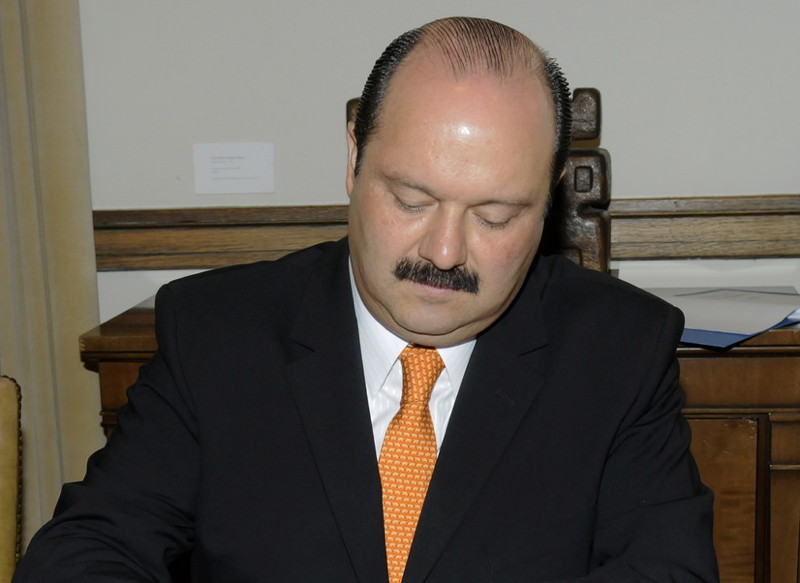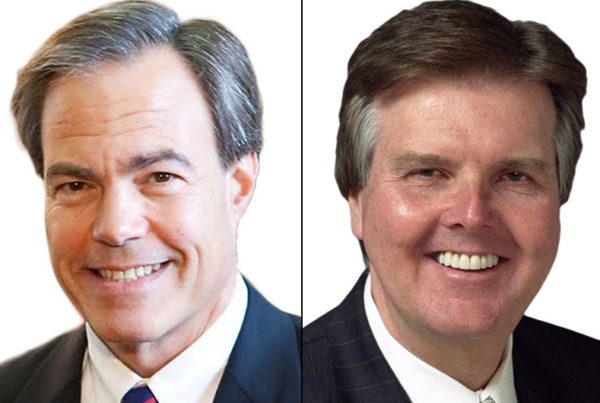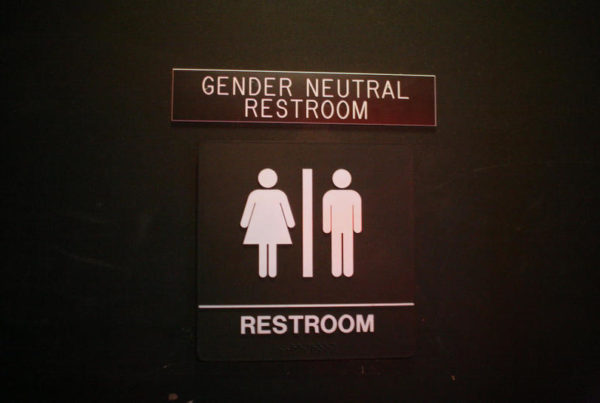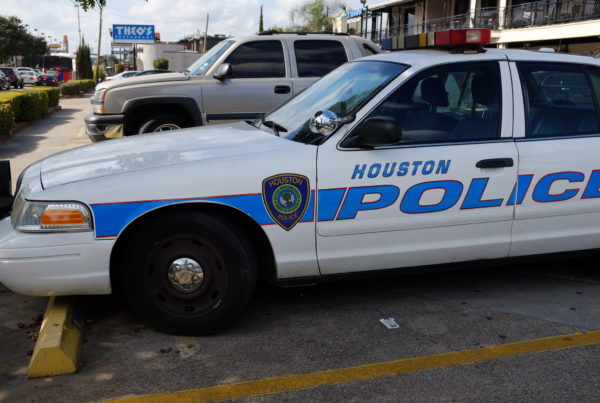In late March, Cesar Duarte, the former governor of the Mexican state of Chihuahua, fled to El Paso to escape corruption allegations. Duarte is now the subject of an international arrest warrant, which was filed by his successor, current Governor Javier Corral.
This is not the first time someone an allegedly corrupt Mexican politician has sought refuge in Texas.
Texas’ status as a border state is the main reason it has become a magnet for figures like Duarte, says Dolia Estevez, a contributor to Forbes who investigates the nexus of money and politics in Mexico.
Texas borders three Mexican states – Tamaulipas, Coahuila and Chihuahua – all of which have a high degree of drug cartel activity. Estevez says that the cartels have “penetrated the political system” in these states and are a major factor behind high levels of corruption.
“There’s a whole system that supports or facilitates this kind of behavior in Texas,” Estevez says. “The banking system, the real estate, lawyers – they have all worked with [corrupt politicians] or still work with them.”
The ease of acquiring a Spanish-speaking realtor or lawyer doesn’t help either.
Pictures of Duarte shopping for a pickup truck at an El Paso auto dealership surfaced on social media despite his arrest warrant, and it’s no secret that he’s in the city.
“When they run into trouble in Mexico or with U.S. law enforcement, there’s a bunch of lawyers willing to take their cases,” Estevez says. The power and wealth former politicians have makes getting help easier.
Estevez says that Texas officials and U.S. law enforcement agencies, like Immigration and Customs Enforcement, are aware of the presence of former Mexican politicians charged with corruption in the state.
“It takes two to tango,” she says. “You can’t just have one side that is corrupt, one side where all of the problems are, like drugs and so forth, and not have [these problems] on the other side. If these people can get away with so much in Texas, it’s because there’s a whole system that supports them.”
That’s not to say there haven’t been cases where Texas law enforcement agencies have followed through on corruption investigations and made arrests.
On April 9, Tomás Yarrington Ruvalcaba, the former governor of Tamaulipas, was arrested in Italy. Yarrington Ruvalcaba is under indictment in Brownsville for drug trafficking and money laundering charges and Mexico has requested his extradition.
“Sometimes I feel like it’s over [the] head [of the law enforcement community],” Esteven says. “There’s an increasing number of corrupt people that cross the border and they have a whole set-up that they can hide from the Mexican authorities.”
Written by Molly Smith.















